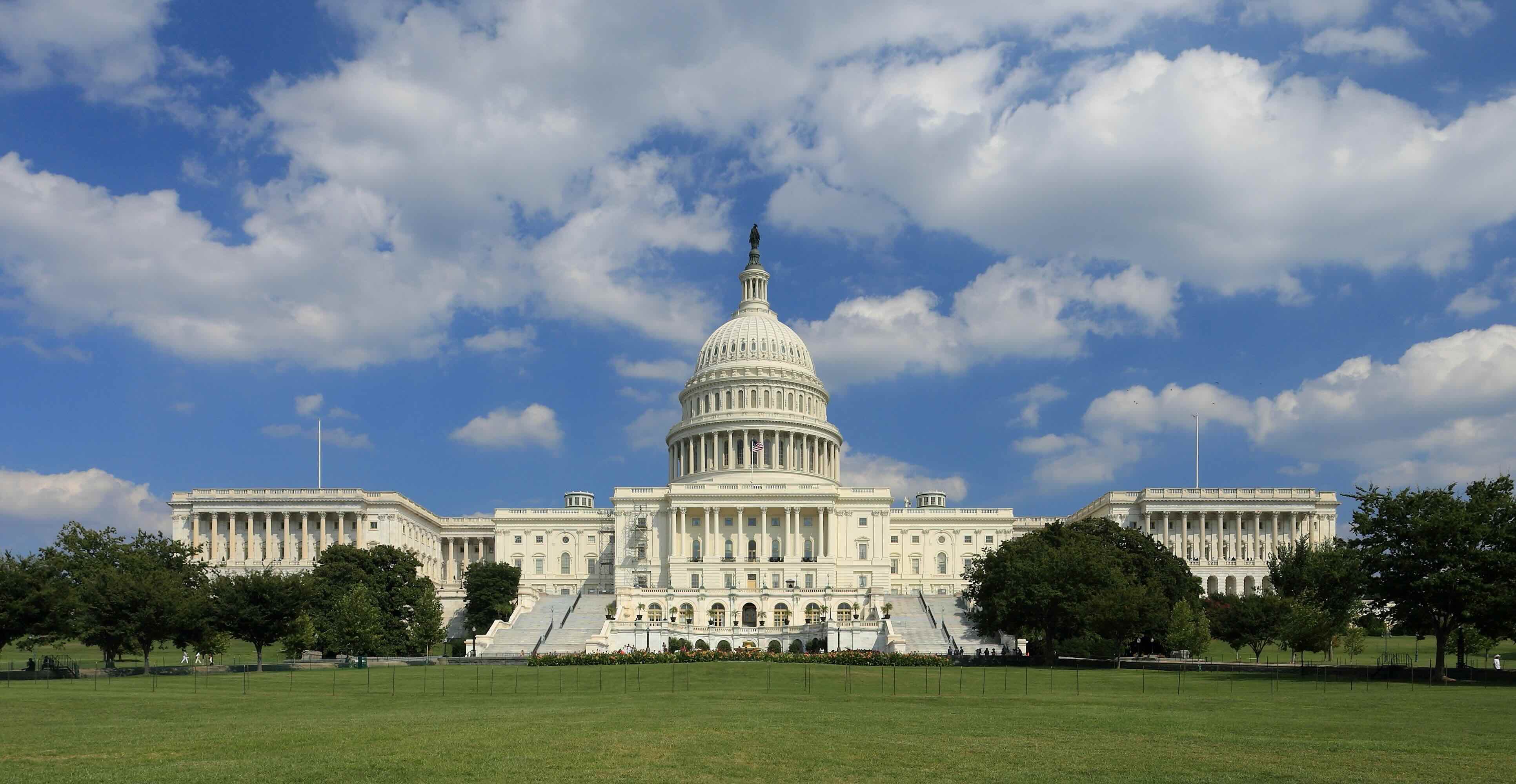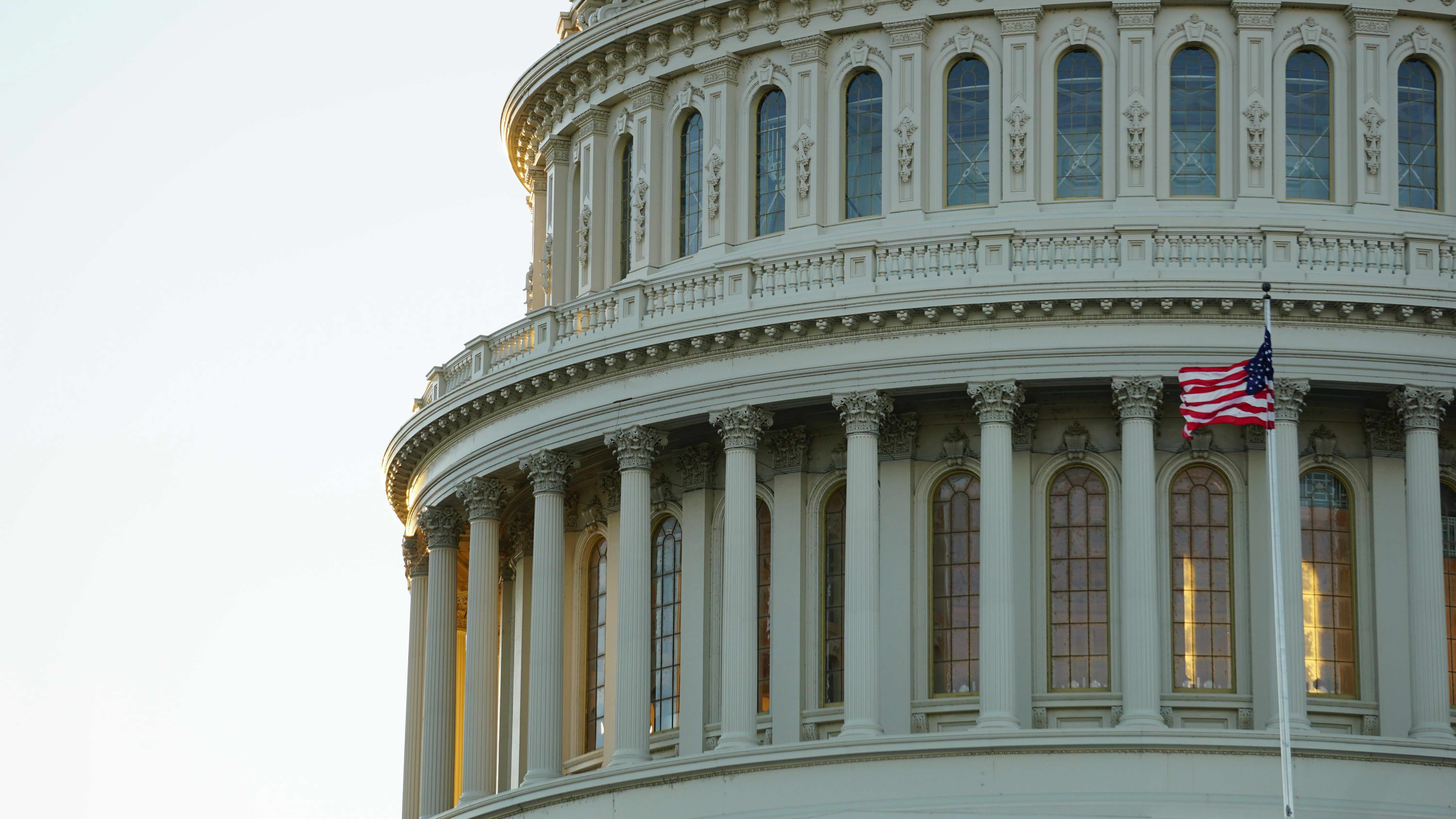A Comprehensive Policy Framework for U.S. Leadership on Bitcoin
BPI’s most comprehensive vision to date—a bold, detailed framework for how the U.S. can lead in the Bitcoin era by leveraging the technology to strengthen economic resilience, energy strategy, and geopolitical influence.
%20copy.avif)
1. Why Bitcoin?
Bitcoin has emerged over the past decade as a transformative, internet-native monetary network. Although it is widely known as the first decentralized digital currency, policymakers and regulators often struggle to distinguish Bitcoin’s unique attributes from the broader landscape of “cryptocurrencies” or “digital assets.” The Bitcoin Policy Institute (BPI) offers the following framework to explain what Bitcoin is, why it should be taken seriously as a policy domain, and how it can be approached in a manner that benefits U.S. economic, technological, and geopolitical interests.
1.1. What Is Bitcoin and Why Is It Important?
Bitcoin is often described as “digital gold” – a scarce, neutral (not tied to the economic policies or control of any one country or large entity), and decentralized monetary asset that runs on an open network accessible to anyone with an internet connection. Conceived in 2008 and launched in early 2009, Bitcoin introduced an innovative system called “proof of work” to secure its ledger of transactions without the need for a central authority or intermediary. This design feature allows users worldwide to validate transactions and protect the network’s integrity themselves. As Saifedean Ammous explains in The Bitcoin Standard, Bitcoin’s core innovation is that it “recreates the properties of scarcity found in precious metals in a purely digital form” (Ammous, The Bitcoin Standard, 2018).
Not a Collective Delusion, but a New Monetary Paradigm. Skeptics often dismiss Bitcoin as speculative or as a “collective delusion.” Yet Bitcoin’s properties – absolute scarcity (capped at 21 million coins), borderless transaction capabilities, censorship-resistance, and permissionless participation – give it a distinct value proposition. Much like the emergence of the internet transformed how information is shared, Bitcoin’s decentralized ledger technology transforms how value can be transferred. It is the first digital asset whose ownership does not rely on trust in a centralized entity, but instead on cryptographic proof and distributed consensus. This is a fundamental paradigm shift in our understanding of money, sovereignty, and networked exchange.
Permissionless and Censorship-Resistant. An essential aspect of Bitcoin is that no individual or entity can unilaterally censor transactions. As long as users adhere to the protocol, their transaction will ultimately be confirmed by the network. This design aligns with American principles of free speech and association in the financial domain. In many cases, especially under authoritarian regimes or fragile monetary systems, Bitcoin provides a lifeline where the traditional banking infrastructure fails or is subject to political pressure. Bitcoin promotes democratic values and offers those living in oppressive or high inflationary environments the opportunity to economically thrive. U.S. policymakers, by taking Bitcoin seriously, can uphold a system that aligns with open-market values and fosters innovation.
Early Innings: Bitcoin as a Frontier Technology. In the 1990s, the internet was seen by many as a curiosity or a haven for niche communities; few foresaw the scale of transformation it would bring. Likewise, Bitcoin, even after more than a decade of operation, is still in its “early innings.” Global adoption is growing, but remains far from universal or even mainstream. Governments and private-sector actors who ignore Bitcoin’s potential risk are missing the chance to shape its development. As Nic Carter writes, “Bitcoin is not just a new payment network, it is a new institution that reorganizes how humans coordinate financially” (Carter, On Proof-of-Work, 2019). Policymakers who recognize this potential and develop constructive approaches will help position the United States as a leader in the next era of finance.
1.2. The Mission and Role of the Bitcoin Policy Institute (BPI)
BPI is a non-profit research organization and think tank that exists specifically to educate policymakers, regulators, and other stakeholders about Bitcoin. Unlike many industry or trade groups that may lobby for corporate interests across a range of “crypto” products, BPI focuses on Bitcoin. This narrower scope reflects Bitcoin’s unique combination of decentralization, network security, and adoption trajectory, which set it apart from the broader ecosystem often labeled as “Web3,” “DeFi,” or “crypto tokens.”
Why a Think Tank Focused Solely on Bitcoin? As Bitcoin’s market capitalization has grown from zero into the trillions of dollars, it has become a major subject of legislative and regulatory debates – covering everything from banking oversight to energy policy. BPI aims to serve as an expert resource, producing research papers, briefs, and testimony that help policymakers navigate these complex questions. The Institute’s work covers technical, economic, and legal dimensions, but always with the lens of how best to maximize public benefit and U.S. interests rather than how to increase short-term profit for private entities.
Non-Industry, Research-Centric Approach. BPI’s team includes economists, engineers, legal scholars, human rights advocates, and energy experts with a shared conviction that Bitcoin’s emergence raises significant policy issues deserving of careful study. By advocating for “good Bitcoin policy,” BPI’s mission is to ensure that laws and regulations neither stifle Bitcoin’s socially beneficial aspects nor fail to address legitimate concerns about illicit finance, consumer protection, or environmental impact. Rather than representing any one business or group of businesses, BPI stands for a fact-driven analysis of Bitcoin as a network and monetary innovation.
1.3. A Holistic View of Bitcoin and BPI’s Three Policy Domains
Bitcoin is often approached as a single, all-encompassing technology, yet it truly spans three intertwined dimensions: the digital asset (lowercase “b” bitcoin) that people buy, hold, and trade, the network infrastructure that transmits and verifies every transaction, and the computational process that underpins its security and decentralized peer-to-peer nature. Each perspective reveals a different set of policy questions—and together, they shape the Bitcoin Policy Institute’s focus areas.
First, bitcoin functions as a scarce digital asset, much like “digital gold.” This vantage point illuminates questions of monetary policy, treasury management, and how bitcoin’s finite nature can influence national economies. BPI’s research here emphasizes economics and geopolitics, exploring how to integrate bitcoin responsibly into global financial systems and leverage its potential for financial inclusion, strategic reserves, and macroeconomic stability.
Second, Bitcoin operates through an open network of nodes, wallets, and protocols. This is where technology and innovation come into play – analyzing how to regulate open-source software, encourage secure development, and balance innovation with user protections. Within this domain, BPI studies everything from protocol-level changes to licensing frameworks for businesses seeking to build on or alongside the Bitcoin network.
Lastly, the network’s consensus mechanism – proof-of-work mining – anchors Bitcoin in the physical realm, where energy usage directly secures the ledger. This process is both computationally and energy intensive, presenting unique trade-offs involving mining and energy policy. Here, BPI examines how mining can dovetail with renewable energy projects, improve grid resiliency, and address environmental considerations.
By weaving together these three angles – economics and geopolitics, technology and innovation, and mining and energy – BPI offers a comprehensive roadmap for policymakers. The sections that follow delve into how to harness each facet of Bitcoin’s ecosystem for the United States’ long-term benefit, ensuring that the technology’s promise is realized while potential challenges are managed responsibly.



.svg)
.avif)




